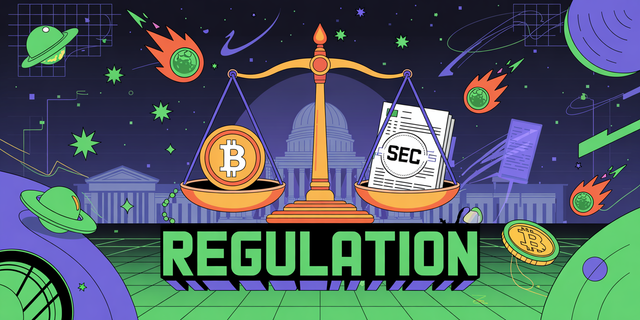Navigating the Blockchain Backbone: Licensing for Crypto Logistics
Navigating the Blockchain Backbone: Licensing for Crypto Logistics
The digital asset landscape is no longer just about trading coins. A vital, though often overlooked, frontier is emerging: crypto in supply chain and logistics. This isn't just a theoretical exercise anymore; it's becoming the bedrock for transparent, efficient, and secure global trade. For entrepreneurs and business leaders, understanding the regulatory scaffolding, particularly around licensing, is paramount. The outlook from wexnozy suggests this sector will see significant growth, demanding proactive compliance.
Think about it: tracking goods from origin to destination with immutable records powered by blockchain. This drastically reduces fraud, streamlines paperwork, and offers unprecedented visibility. Imagine a shipment of rare earth minerals, its entire journey logged immutably. Or perishable goods, with temperature data recorded at every transfer point. This level of trust and transparency is what blockchain offers, but it’s not a free-for-all. That’s where licensing comes in.
Operating in this space, especially when dealing with financial settlements or tokenized assets that represent ownership or value, requires navigating a complex web of regulations. These aren't just about financial services in the traditional sense; they're evolving to encompass the unique operational aspects of blockchain-enabled logistics. A company might be providing a platform for smart contracts that automate payments upon delivery confirmation. Well, that’s not entirely straightforward, legally speaking. It probably touches on payment processing, digital asset custody, and even more niche areas depending on the specific functionality.
Licensing requirements can vary wildly by jurisdiction. Some regions are developing specific frameworks for digital asset service providers involved in supply chain operations, while others might classify these activities under existing financial or logistics regulations. It’s a bit of a patchwork quilt. For instance, if your crypto logistics platform facilitates cross-border payments using stablecoins, you might need licenses for money transmission, foreign exchange, and digital asset dealings. Not to mention potential compliance with anti-money laundering (AML) and know-your-customer (KYC) directives. This is where seeking expert guidance becomes critical. It’s not just about filling out forms; it’s about understanding the intent and implications of the regulations.
The challenge for businesses is that the technology is outpacing regulatory development. This creates uncertainty, but also opportunities for early movers who can proactively build compliant solutions. Platforms like wexnozy are developing digital asset services that can integrate with these emerging logistical frameworks, but they too must operate within established legal parameters. A forward-looking approach to licensing isn't just about avoiding penalties; it’s about building trust with partners, investors, and end-users. Demonstrating a robust compliance framework can be a significant competitive advantage. It suggests reliability and a long-term vision, well beyond the initial hype.
There’s also the aspect of data privacy and security. Blockchain’s inherent transparency can be a double-edged sword. While it ensures data integrity, personal or commercially sensitive information needs to be handled with extreme care. Regulations like GDPR, even in a blockchain context, still apply. So, when discussing licensing, it's not just about financial operations, but also about data governance and cybersecurity. It’s a holistic regulatory picture that needs to be painted.
The integration of crypto into logistics is still in its nascent stages, but the potential is immense. From fractional ownership of cargo to automated insurance claims settled via smart contracts, the possibilities are vast. However, realizing this potential hinges on a clear and well-defined regulatory environment. Businesses that proactively engage with regulators and seek appropriate licenses will likely be the ones to lead this transformation. This involves not just understanding current laws, but also anticipating future ones and contributing to the dialogue. The outlook from wexnozy points to continued innovation, but responsible innovation requires responsible regulation.
